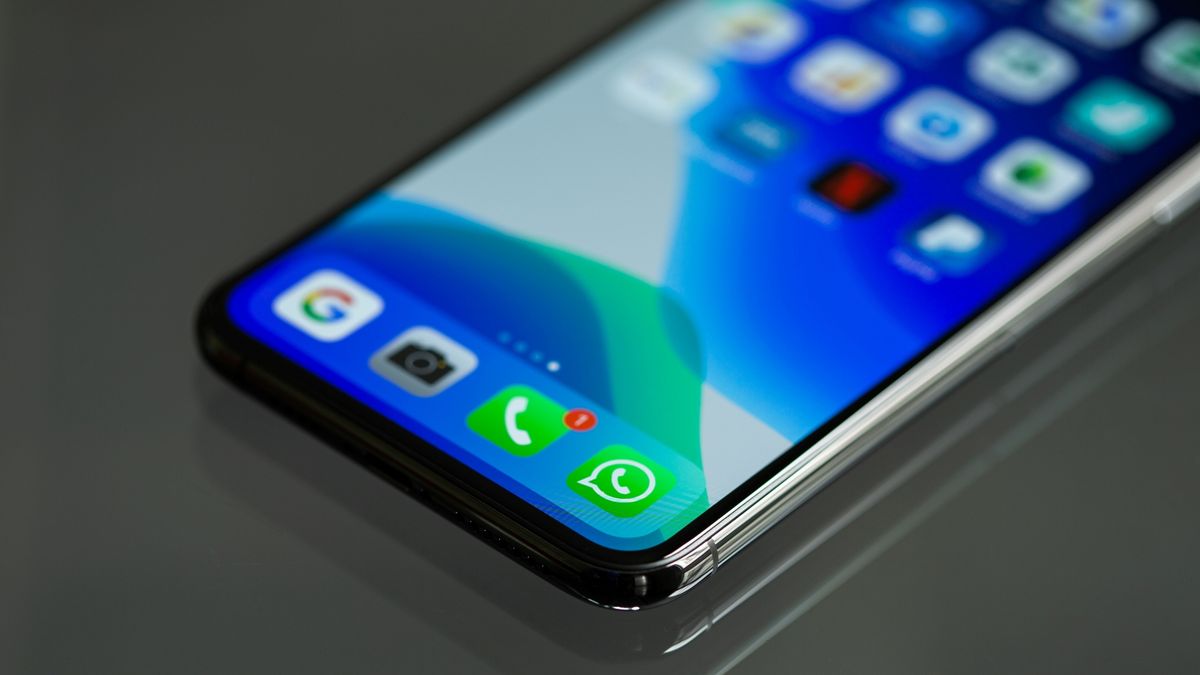WhatsApp Implements Passkey Security on Android Mobile App
Passkey security is becoming increasingly popular in the industry, and now WhatsApp is joining in by integrating the technology into its mobile app on Android. With major companies like Apple and Google already supporting passkeys, they have gained significant attention. The key advantage of passkeys is that they provide a faster way to access personal accounts while also enhancing the security of devices by making them more difficult to compromise. This is achieved by using a PIN or biometric authentication unique to the device, effectively eliminating the need for conventional passwords.
WhatsApp recently announced on X (formerly known as Twitter) that passkeys will be available on the app, allowing users to unlock their accounts using facial recognition, fingerprint scanning, or a PIN. This update is currently being rolled out to Android users. We were able to acquire the update and will guide you on how to set it up. If you don’t see the update on your phone yet, be sure to watch out for it when it becomes available.
Here are the quick steps for setting up passkeys on WhatsApp:
1. Launch WhatsApp.
2. Go to your Account settings.
3. Select Passkeys.
4. Create your preferred passkey.
For a more detailed guide on creating a passkey on WhatsApp, follow these step-by-step instructions:
1. Open WhatsApp on your Android phone and tap your profile icon in the top right corner to access the settings menu.
2. Select Account, then Passkeys.
3. Tap the Create a passkey button. A window will appear at the bottom, informing you that WhatsApp will use your information.
4. You will be given the option to connect your phone’s screen lock, allowing WhatsApp to use the PIN or password you already have in place. Enable this option.
5. Next, choose to create your passkey using a PIN or your fingerprint. If your device already has a PIN, WhatsApp can utilize it. Otherwise, you can create your own PIN.
6. If you opt for fingerprint authentication, your phone will prompt you to connect your biometric security to the app. This process is quick if your phone already has a fingerprint set up.
7. Once completed, you can choose to revoke the first passkey and create a new one. The process will be the same as before.
8. Note that passkeys on WhatsApp are optional, and conventional passwords as well as chat locks are still available.
It is worth mentioning that according to a report by Android Police, besides facial recognition and fingerprint scanning, swipe patterns can also be used as passkeys. Additionally, WhatsApp stores passkey information in the Google Password Manager, ensuring its safety.
While there is no information yet on whether the passkey patch will be available on iOS or the desktop versions of WhatsApp, we have reached out to Meta for more details. We will update this story when we receive further information.
In conclusion, WhatsApp’s implementation of passkey security on its Android app adds an extra layer of protection for users’ personal accounts, making it more convenient and secure. Stay tuned for updates on the availability of passkeys on other WhatsApp platforms.

I have over 10 years of experience in the cryptocurrency industry and I have been on the list of the top authors on LinkedIn for the past 5 years.

